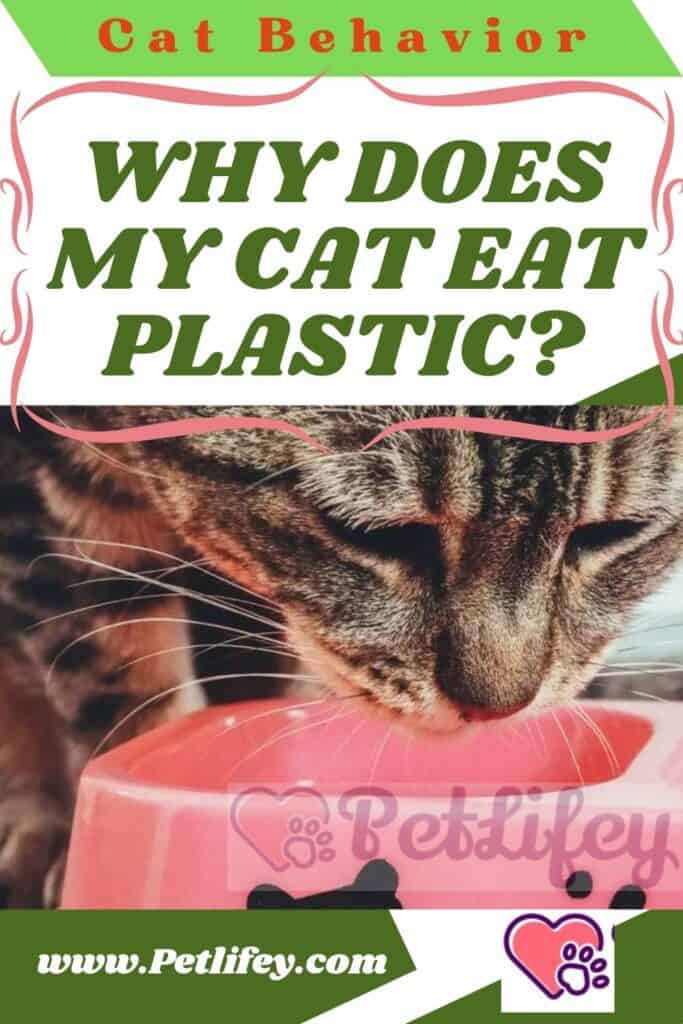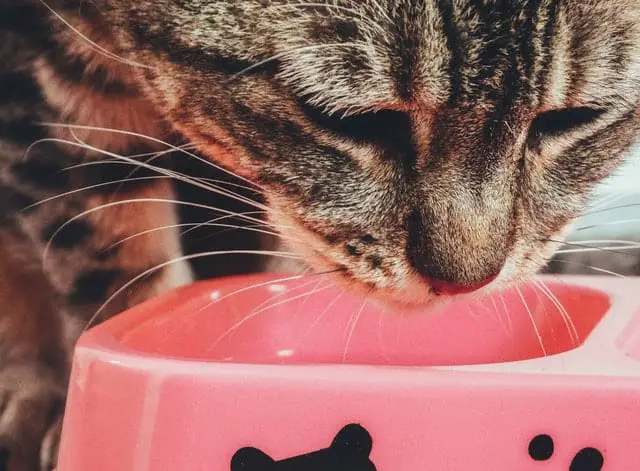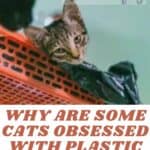
If you are lucky enough to own one or more cats, you know that they can develop obsessions and behaviors that are surprising to say the least. Cardboard boxes, sofas, strings and many other things sometimes do not resist their claws and canines. And it happens that your tomcat develops a very strange addiction to plastic… Why so?
Strange and disturbing behavior
If your cat is part of the very closed circle of plastic eaters, know that it is possible to remedy this strange addiction. But above all, it is necessary to observe and identify this behavior which has everything to worry about. As with all living beings, ingesting plastic can lead to serious health problems, which can sometimes prove fatal if not treated in time.
Remote control, bag, bottle, yoghurt pot, chairs, electric wires, shoes… Plastic objects are everywhere in our daily lives, so much so that we pay more attention to them. But now, if your cat starts biting and then eating plastic for four hours, you have to react, and quickly. This behavioral disorder is referred to as Pica.
But why does he take revenge on the plastic when their bowl is overflowing with kibble?
A genetic predisposition?
First of all, it should be noted that certain oriental races such as the Siamese and the Burmese are more prone to this syndrome. Some cats are also more likely than others to develop compulsive disorders, including eating disorders. In question? Genetic predispositions that researchers are still studying today.
The smell of food attracts him
For example, a cat may be attracted to the smell of a plastic bag or jar that contained food. The smell that lingers on these objects can indeed cause the cat to chew on them – without relying on its natural curiosity. In this case, be extra vigilant to prevent him from swallowing it and do not leave too many easily accessible plastic objects lying around, especially those that surround food. Also, be sure to always close the trash can so that your cat is not tempted to poke his nose into it.
It’s a sign of anxiety
If your cat suddenly starts eating plastic, ask yourself if there has been a change in their daily life lately. This can be a move, the arrival of a new animal or a change in your schedule which leaves him alone longer at home, for example.
Loneliness and boredom can, for example, lead him to fall back on chomping at the bit in this way. To avoid this nervousness, make sure it has plenty of toys – including chewing alternatives – to occupy himself throughout the day!
It may be a health problem

Cats are mysterious beings who don’t like to reveal their secrets. This is also true when it comes to revealing a malaise. Eating plastic can therefore be symptomatic of a physical concern that can be at several levels. This can range from a simple deficiency in certain nutrients that it tries to compensate for on his own, for example.
It can also be a dental problem, where the cat will try to relieve discomfort or pain by chewing on plastic objects. If we go further, an intestinal disorder can also be manifested by this behavior, whether it is a parasite or a more functional evil.
In any case, if this behavior persists despite your precautions, consult a veterinarian to shed light on this worrying passion for plastic!






